Have to disagree a little with you gryphonslair99. Whats in the constitution is a lot of god given rights. The constitution just protects those rights from being infringed upon by an overbearing government.
If God gave us these rights then why did and have so many sacrificed their lives to secure, protect, and keep them? God did not give you one right in the Constitution. The Constitution was written by men after so many had sacrificed their lives to secure this land and allow for them to be written by the survivors that then created the country we now live in.




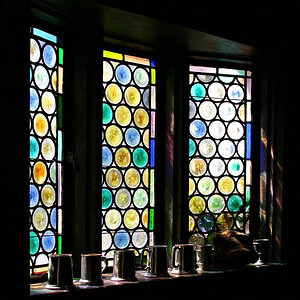
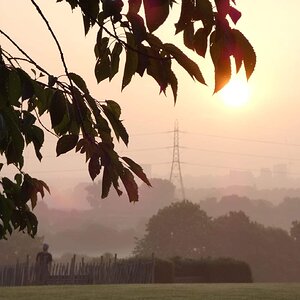
![[No title]](/data/xfmg/thumbnail/30/30905-d44c79e117fb39d45193da26df719f38.jpg?1619734514)
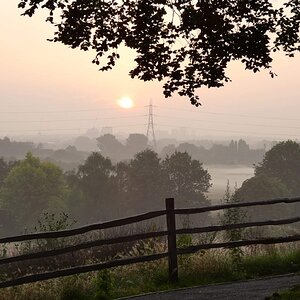
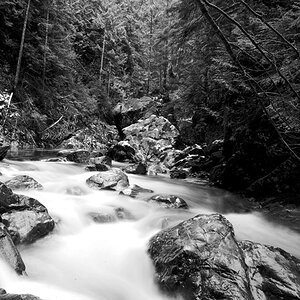
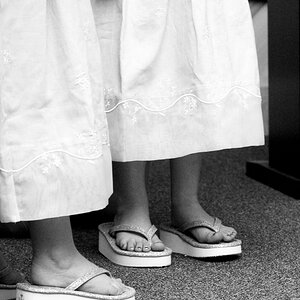



![[No title]](/data/xfmg/thumbnail/41/41903-5ec48c22a1b66968c94f056b8ad647f2.jpg?1619739940)
